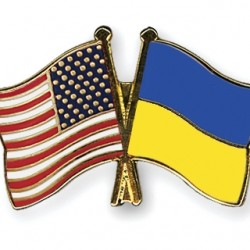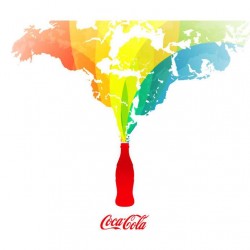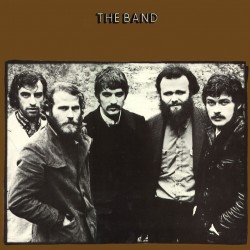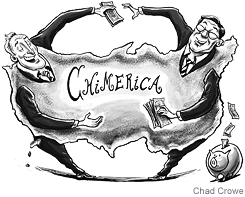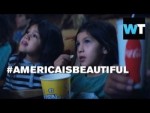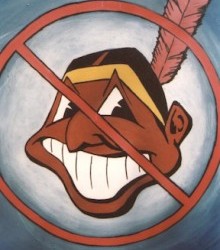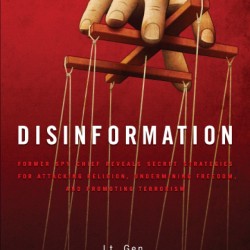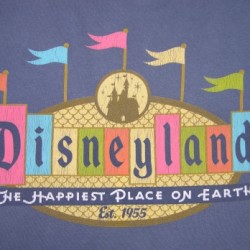Welcome GuestShow/Hide Header |
|---|
Welcome Guest, posting in this forum requires registration. |
|
|
Forum » Their America » Literary and Cinematic America » Cinematic Founders
| Pages: 1 |
 Author Author |
Topic: Cinematic Founders |
|---|
Jane Upton New Member Posts: 1 |
|
||||
Tom- Venetis New Member Posts: 1 |
|
||||
G Aguillon New Member Posts: 1 |
|
||||
Nao Nomura New Member Posts: 4 |
|
||||
Geoff- Hamilton Administrator Posts: 172 |
|
||||
Jason B New Member Posts: 2 |
|
||||
Brian- Jones Veteran Their American Posts: 25 |
|
||||
Nao Nomura New Member Posts: 4 |
|
||||
AnyaH-vdL Novice Their American Posts: 8 |
|
||||
Wyatt Dick Veteran Their American Posts: 42 |
|
||||
krstevenso- n Novice Their American Posts: 5 |
|
||||
amruelland Novice Their American Posts: 5 |
|
||||
markcruz Novice Their American Posts: 5 |
|
||||
simpson Novice Their American Posts: 8 |
|
||||
liz.k Novice Their American Posts: 5 |
|
||||
Kathleen- Fox Novice Their American Posts: 5 |
|
||||
acormier2 Novice Their American Posts: 5 |
|
||||
ZTownsend Novice Their American Posts: 5 |
|
||||
jmlevesque Novice Their American Posts: 6 |
|
||||
melissafio- relli Novice Their American Posts: 8 |
|
||||
SarahVanSi- ckle New Member Posts: 1 |
|
||||
MoriahA Novice Their American Posts: 8 |
|
||||
AlishaP Novice Their American Posts: 9 |
|
||||
MoB Novice Their American Posts: 8 |
|
||||
stephen Novice Their American Posts: 8 |
|
||||
LillianOBD Novice Their American Posts: 6 |
|
||||
Freya Novice Their American Posts: 8 |
|
||||
JulianaB Novice Their American Posts: 9 |
|
||||
Brian- Emmerson Experienced Their American Posts: 11 |
|
||||
Olivia- Penney Novice Their American Posts: 8 |
|
||||
Kristina- Vassilieva Novice Their American Posts: 8 |
|
||||
SN_America Novice Their American Posts: 8 |
|
||||
Kristina- Vassilieva Novice Their American Posts: 8 |
|
||||
| Pages: 1 |
Version: 1.0.34; Page loaded in: 0.117 seconds.
